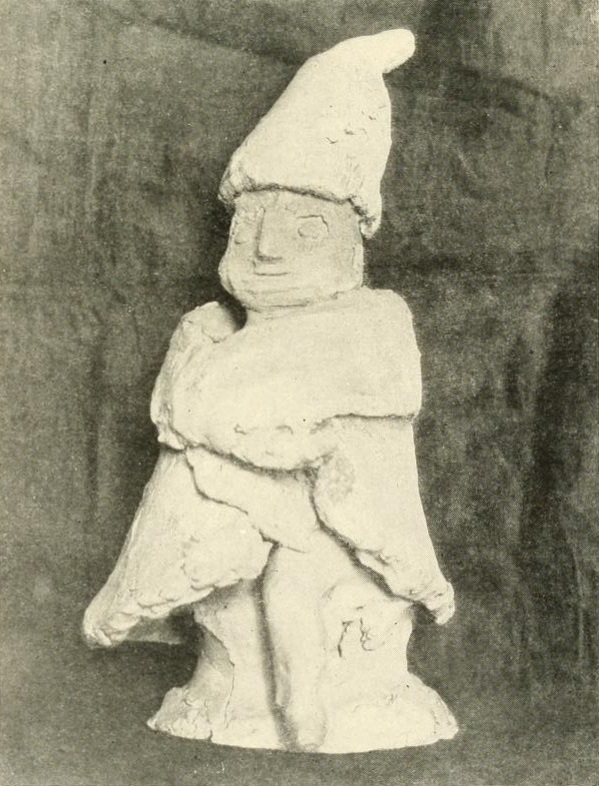A Python package to transliterate various Cyrillic alphabets to and from the Latin alphabet using the American Library Association-Library of Congress Romanization tables.
Domovyk is named after household spirits from Slavic mythology.Install using pip:
pip3 install domovyk
Or download the GitHub repo and the install the only dependency (for sentence tokenization):
pip3 install nltk
The package uses the ALA-LC Romanization tables to transliterate each of the following languages:
- Belarusian
- Bulgarian
- Carpatho-Rusyn
- Church Slavonic
- Macedonian
- Russian
- Serbian
- Ukrainian
Four functions can be called for each language:
- transliterate(var, lang) - Transliterates a Cyrillic string or list of strings (var) from a specified language (lang) into the Latin alphabet. Returns a string.
- translatinate(var, lang) - Transliterates a string or list of strings in the Latin alphabet (var) to a specified Cyrillic script (lang). Returns a string.
- transliterateSents(var, lang) - Tokenizes a given Cyrillic (var) into a list of sentences, then transliterates those sentences from a specified language (lang) into the Latin alphabet. Returns a list.
- translatinateSents(var, lang) - Tokenizes a given string in the Latin alphabet (var) into a list of sentences, then transliterates those sentences to a specified Cyrillic script (lang). Returns a list.
Some usage examples are below:
from domovyk import translit
belarusian_to_latin = translit.transliterate('Як справы?', 'bel')
latin_to_macedonian = translit.translatinate('Hi, how are you?', 'mac')
ukrainian_to_latin_sents = translit.transliterateSents('Єхидна, ґава, їжак ще й шиплячі плазуни бігцем форсують Янцзи.', 'ukr')
latin_to_russian_sents = translit.translatinateSents('Hello, how are you doing?', 'rus')
The languages can be called in the code using the following abbreviations:
- Belarusian - 'bel'
- Bulgarian - 'bulg'
- Carpatho-Rusyn - 'carp'
- Church Slavonic - 'church'
- Macedonian - 'mac'
- Russian 'rus'
- Serbian - 'serb'
- Ukrainian - 'ukr'
